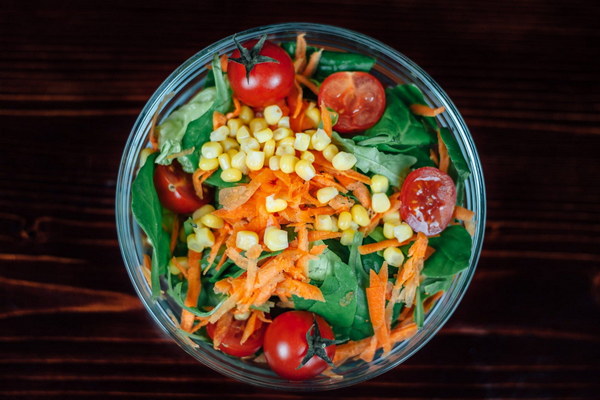Balancing Kidney Yang and Liver Yin A Holistic Approach to Traditional Chinese Medicine
In the realm of Traditional Chinese Medicine (TCM), the concept of balancing the body's Yin and Yang is paramount. Two essential elements that play a critical role in maintaining health are Kidney Yang and Liver Yin. This article delves into the significance of these two aspects and provides insights on how to balance them for optimal well-being.
Kidney Yang, often referred to as the root of life, is responsible for vital functions such as reproduction, growth, and development. It provides the foundational energy that sustains the body's functions. Conversely, Liver Yin, known as the essence of life, is responsible for maintaining fluid balance, regulating emotions, and ensuring smooth movement of Qi (vital energy) throughout the body.
Balancing Kidney Yang and Liver Yin is essential for overall health, as these two elements are interconnected. A deficiency in either can lead to various health issues. For instance, a Kidney Yang deficiency can result in weakness, fatigue, and reproductive problems, while a Liver Yin deficiency can lead to irritability, dryness, and emotional instability.

Here are some TCM practices and lifestyle adjustments that can help in balancing Kidney Yang and Liver Yin:
1. Diet: Incorporate foods that nourish the Kidneys and Liver, such as black beans, goji berries, and walnuts. Avoid cold and raw foods, as they can weaken the Kidney Yang and damage the Liver Yin.
2. Acupuncture: Acupuncture can help balance the Yin and Yang of the Kidneys and Liver by stimulating specific points on the body. A qualified acupuncturist can tailor the treatment to your specific needs.
3. Herbs: Herbs such as Epimedium, Cuscuta, and Rehmannia are commonly used to tonify Kidney Yang, while herbs like Scrophularia, Chrysanthemum, and Peony are used to nourish Liver Yin.
4. Exercise: Regular physical activity can improve overall health and balance the body's Yin and Yang. Gentle exercises like Tai Chi, Qigong, and yoga are excellent for promoting a harmonious balance between the Kidneys and Liver.
5. Rest and relaxation: Ensuring adequate sleep and practicing relaxation techniques, such as meditation or deep breathing exercises, can help maintain a healthy Liver Yin level.
6. Stress management: Chronic stress can deplete both Kidney Yang and Liver Yin. Finding ways to manage stress, such as engaging in hobbies, spending time with loved ones, or seeking professional help, is crucial for maintaining a balanced state of health.
7. Avoidance of harmful substances: Limiting the consumption of alcohol, smoking, and other harmful substances can help preserve Kidney Yang and Liver Yin.
In conclusion, balancing Kidney Yang and Liver Yin is vital for maintaining overall health and well-being. By incorporating these TCM practices and lifestyle adjustments into your daily routine, you can promote a harmonious balance between the Yin and Yang of the Kidneys and Liver, leading to a more vibrant and resilient life.









